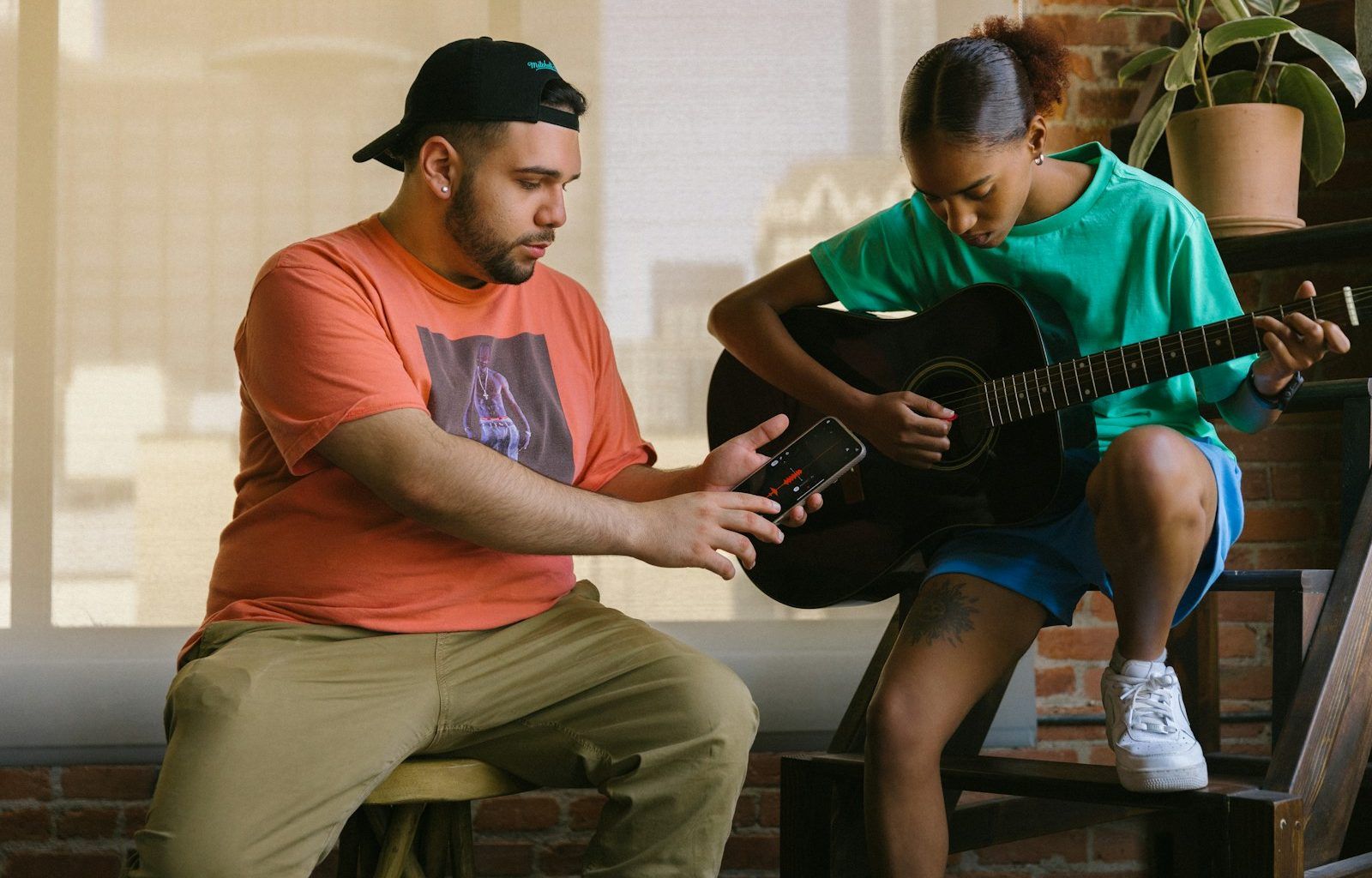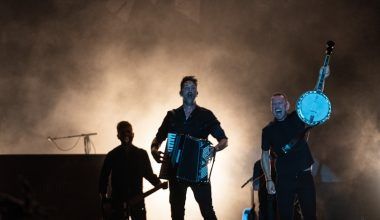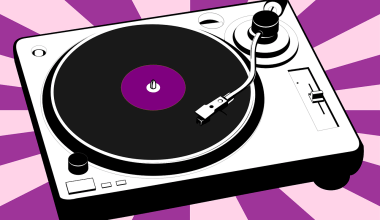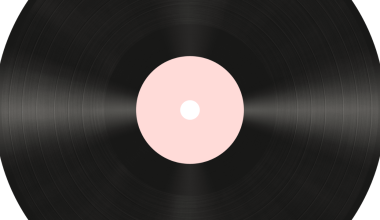Music has an undeniable power to connect people, and music collaboration takes that connection to an entirely new level. When artists come together, their unique skills, perspectives, and creativity blend into something magical. Music collaboration doesn’t just produce great songs; it’s a journey of shared growth and inspiration.
Why Music Collaboration is Essential
Working with other musicians opens doors to fresh ideas. It allows artists to step out of their comfort zones and explore new styles, techniques, and genres. Collaboration isn’t just about making music—it’s about learning from one another and building a deeper understanding of the art form.
Imagine combining the soulful lyrics of a poet with the intricate rhythms of a percussionist. The result? A track that tells a story and moves the listener. Music collaboration thrives on diversity, where each artist’s unique contribution becomes a part of the whole.
The Benefits of Teaming Up in Music
1. Fresh Perspectives
Every musician has their own way of thinking and creating. Collaborating with others exposes you to new techniques, workflows, and musical insights you might not have discovered on your own.
2. Skill Building
When working with others, you learn and grow. From production tips to songwriting tricks, every session is an opportunity to hone your craft.
3. Increased Reach
Collaborating with other artists can introduce you to their audience and vice versa. This expanded reach can help grow your fanbase and bring your music to new listeners.
4. Emotional Support
Creating music isn’t always easy. Having a partner or team to share the load and encourage you can make the process more enjoyable and fulfilling.
Types of Music Collaboration
There’s no one-size-fits-all approach to music collaboration. Each partnership is as unique as the individuals involved. Here are a few common types:
1. In-Person Jam Sessions
Nothing beats the energy of being in the same room as your collaborators. From informal jam sessions to structured studio recordings, working face-to-face allows for real-time creativity.
2. Virtual Collaboration
Thanks to technology, musicians can now collaborate across continents. Platforms like Soundtrap, Splice, and BandLab make it easy to share tracks, add layers, and communicate ideas.
3. Featured Artists
Sometimes, collaboration involves featuring another artist on your track. Whether it’s a guest vocalist or a solo guitarist, these partnerships can add a unique flair to your music.
4. Co-Writing
Writing songs with others can lead to incredible results. Sharing lyrical ideas or brainstorming melodies together can spark creativity in unexpected ways.
Tools for Seamless Music Collaboration
To make the most of your collaborative efforts, it helps to have the right tools. Here are some resources that can enhance your experience:
1. Digital Audio Workstations (DAWs)
DAWs like Ableton Live, Logic Pro, and FL Studio allow multiple users to work on a single project. With cloud storage, collaborators can easily share files and ideas.
2. Collaboration Platforms
Tools like Google Drive, Dropbox, and Trello can help keep your projects organized. Use these platforms to share lyrics, audio files, and progress updates.
Platforms like Instagram, TikTok, and Twitter aren’t just for promotion. They’re great for connecting with potential collaborators, finding inspiration, and sharing your process.
Tips for Successful Music Collaboration
1. Be Open to Ideas
Collaboration is about blending different perspectives. Even if a suggestion doesn’t align with your usual style, give it a try. You might be surprised by the results.
2. Communicate Clearly
Set expectations early. Discuss your goals, timelines, and roles in the project to avoid misunderstandings later on.
3. Respect Each Other’s Creativity
Every artist has their own creative process. Respect your collaborator’s methods and give them space to contribute.
4. Stay Flexible
Music creation can be unpredictable. Be prepared to adapt and embrace changes as they come.
5. Celebrate Successes
Whether it’s finishing a demo or performing a live set together, take time to celebrate your achievements as a team.
Real-Life Stories of Music Collaboration
Throughout history, some of the most iconic tracks have been the result of collaboration. For instance, the Beatles’ Lennon-McCartney partnership revolutionized songwriting, while modern artists like Lady Gaga and Bradley Cooper showed the magic of collaboration in their hit “Shallow.”
These stories remind us that music collaboration isn’t just about the final product—it’s about the journey, the friendships formed, and the lessons learned along the way.
Overcoming Challenges in Music Collaboration
Collaborating isn’t always smooth sailing. Differences in style, scheduling conflicts, and creative disagreements can arise. Here’s how to navigate these challenges:
1. Find Common Ground
Focus on what you both want to achieve and build from there. Shared goals can help you stay aligned.
2. Set Boundaries
Be clear about your non-negotiables, but also be willing to compromise when necessary.
3. Take Breaks
If tensions rise, step back and take a breather. A fresh perspective can help resolve conflicts.
4. Seek Mediation
If disagreements persist, consider bringing in a neutral third party to help mediate.
Final Thoughts: The Future of Music Collaboration
Music collaboration is evolving, fueled by technology and global connectivity. From virtual reality jam sessions to AI-powered songwriting tools, the possibilities are endless. As artists continue to innovate and connect, music collaboration will remain a cornerstone of creativity.
So, whether you’re an aspiring musician or a seasoned artist, don’t hesitate to reach out, connect, and create. After all, the best music often comes from working together.
For further reading, explore these related articles:
- Free Music Streaming Platforms to Upload Your Music
- Masters of Music: Unlocking the Path to Musical Mastery
For additional resources on music marketing and distribution, visit DMT Records Private Limited.






